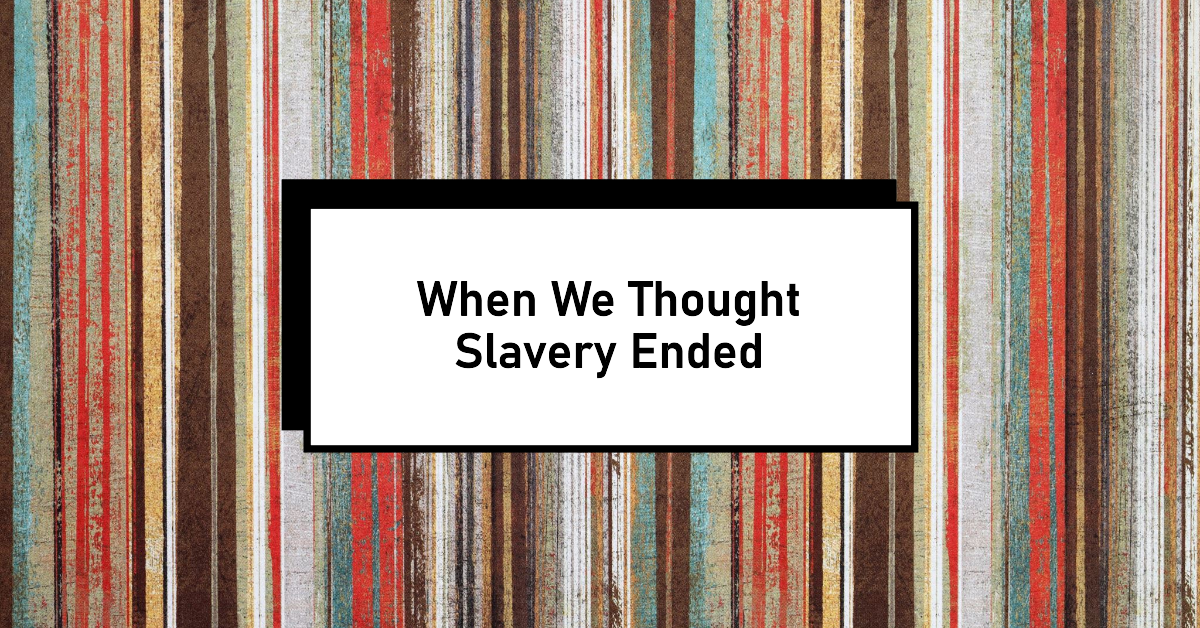Writing recommendations for science articles at hive

banner created in canvas
Hello everyone! Probably you guys around #stem already noticed my presence. I was chosen by Cartel team to help them curate #stem related articles in science, technology, education, and art. I have been doing that for one week now, and I have already noticed some gaps committed by users that avoided my curation, maybe caused by lack of supervision. So here are some tips that It is good not only to get a curation but also to avoid problems in the community.
Just a PS before starting: I am not part of StemSocial or StemGeeks team, so don't take these recommendations as official statements.
1- Tagging

https://www.parkmycloud.com/blog/tagging-best-practices/
I guess this is a common problem with most Hive communities. People misuse tags or they don't use a tag because they don't know about them.
a) Using #stem and/or #StemSocial
There are two different communities in this area of Sciences: StemGeek (#stem tag) and StemSocial. I am not a specialist in that, but I know that there are good posts that could get the #stem tag. The benefit is that there is a token associated with it! For those who don't know much about the project, click here to check the post of the creator themarkymark. So I have been invited people with good articles in science, math, education and technology to use more this tag.
b) Using #stem when you shouldn't
Like I said before, this tag is associated with 4 topics, I will write again to make it more clear: Science, technology, math and education. I think most of the people already misused tag, even myself. Also chatting around I found a user that is afraid of using a new tag because he knows that the community can leave a bad comment or even downvote your post. I have already misused a tag before so I understand that mistakes can happen, but repeating mistakes can be seen as cheating. For example: Writing a post about Splinterlands and using all the tags associated with tokens at Hive. It is not good behavior, and you can be condemned forever in Hive. When I am looking for the #stem tag I find lots of posts that are not associated with the tag, posts talking about life in general, about blockchain games ( there are already lots of games tags, why not stick with them only?).
2- Text body recommendations

https://www.arcticfocus.org/stories/science-writing-general-audience/
I guess most of the recommendations for text are also used in other communities in movies, gaming and musics. Once in a while, I read a post from the cineTV community asking to the users to not merely describe the movie because this type of description can be found on sites such as imdb. They ask for a special touch from the user, such as personal experience when watching it, feelings, and novel analysis.
To write about a #stem topic it is the same. There are very good novel articles from independent research by professionals or even amateur researchers that love sciences. But there are also people trying to bring some published news somewhere in a newspaper or scientific article. In both, there are some measures that the users need to avoid some problems, including copyrights.
Even if you are not used to writing articles about new findings or research in the #stem topics, I encourage you to try it! But I would try to avoid these errors.
a) Referencing
One thing that we hear a lot in the hive a lot is to not steal images and always put the reference from where we got the images. But text needs also referencing if you are not the author of an idea. When you have academic training you are more used to that, for a scientific article every sentence that came from somewhere needs to be referenced. Here you don't need to cite every sentence where you took off, but you can add at the end of the article some links or references where you got the information. Another thing that I usually read is "Scientists found that ...." , " Researchers know that ...." , we need references for those statements! Where did you read about that? After some academic training we learn to be skeptics about everything, so without a reference skeptics start to question the information.
b) Reference origin
Another thing that happens a lot, mostly with people that are from outside the academic world is using nonreliable references. I could mention some hierarchy of reliability in here but it is very difficult. How to differentiate what is a reliable reference source and not reliable? Top peered scientific journals usually are good resources of information, such as Nature and Science, they have also a part of news which usually is writing more for outreaching. If you use these sources, probably you will have a minimum problem with reliability. The problems start more below. The second level of reliability we find regular press (CNN, CBC, BBC,...). At this level we need to be careful, sometimes they just get something published in a peered review journal, which is ok, trying to outreach regular people that don't read Nature. But sometimes a researcher that wants to promote himself contact them, or they have a friendship somehow and then boom: " SCIENTISTS DISCOVER THE CURE OF CANCER". I want the cure of cancer, I worked with cancer research for 12 years, but this type of headline always bothers me, and unfortunately, it is going to be difficult to see that, since we have hundreds of different types of tumors, with different genetics population backgrounds.
And then we have a third layer of reliability which I would agree that sometimes it is better than the second layer, which is personal and independent websites or blogs. Those are better than the second layer when they are properly referenced. There are good scientific blogs, and the texts have good and reliable references, mostly using the first layer of reliability. But be careful, just because a person mentions that he is an MD or Ph.D. it doesn't mean that this person is reliable only because of the title. Everyone needs to reference all the sentences that are connected to #stem topics.
c) Getting your own touch in the text
What could happen here is people that who read something interesting in regular press news in science gets excited in passing this novelty to the community and just re-write the news without any incrementation. I will give an example:
Humans' historical greenhouse gas emissions have caused the climate crisis the world is in today. But it's the amount emitted now and in the coming years that will determine whether humanity can avert catastrophic climate changes.
That's the main finding of a new study published in the journal Nature Climate Change on Monday, which says that even if the world cut emissions to zero today, there would still be a 42% chance of hitting 1.5 degrees Celsius of warming above pre-industrial levels within a decade. That probability rises to 66% if the world waits until 2029 to reach zero emissions.
This fragment was retrieved from here . It is in a CNN article from June 6th, where the article writers read the original scientific article from Nature in here. Then they tried to chew a bit for everyone to understand. So if we get this fragment and just rewrite it in a different way such as :
The human gas emissions are causing the climate change for the last years. But the amount that is being emitted in the next years is going to be crucial for the next steps of the global changes that could be catastrophic. In the new article published in Nature, scientists say that even if we reduce by 0 our emissions today, we will still have consequences.
My contribution here was 0. How I would add my touch? Giving my feelings about it: "That new evidence that will lead us to catastrophic news brought me some sadness, I was hoping that humanity would change their conscience about the environment. This or that could help ...bla bla bla".
Another way is getting more references about the story and even possible solutions to be explored in the subject (that are not found in the original article). Scientists that are bringing new ways to fight climate change? Evidence from the past about climate change?
Even if we don't copy and paste a text, just re-writing it, can be considered a form of plagiarism.
d) Minor other problems
I would recommend the use of writing tools to help everyone to keep the coherence of the text. It is difficult to write a text with cohesion. It is even more difficult when you aren't an English native speaker. Google translator is good, but I would prefer tools such as deepl.com for translations. Also, google search is a good tool to find some meanings. For cohesion, Grammarly has a free browser tool and mobile app to at least do some grammar correction as well. But even with some mistakes, the community won't judge you for your grammar mistakes, but at least it is good to translate some specific names that only exist in our native language.
I hope that this text helps people, and also brings new possibilities to contribute to our specialized communities here in HIVE. I addition to using the #stem tag to contribute and get paid in STEM, don't forget to use their front end at https://stemgeeks.net/ . If you vote using their front end, you will also get STEM by curating posts. In addition to that, delegate some STEM to @stem-curator , with that you will receive daily STEM after this user curates (managed by the Cartel) posts in our community.
Stay safe guys.











Comments